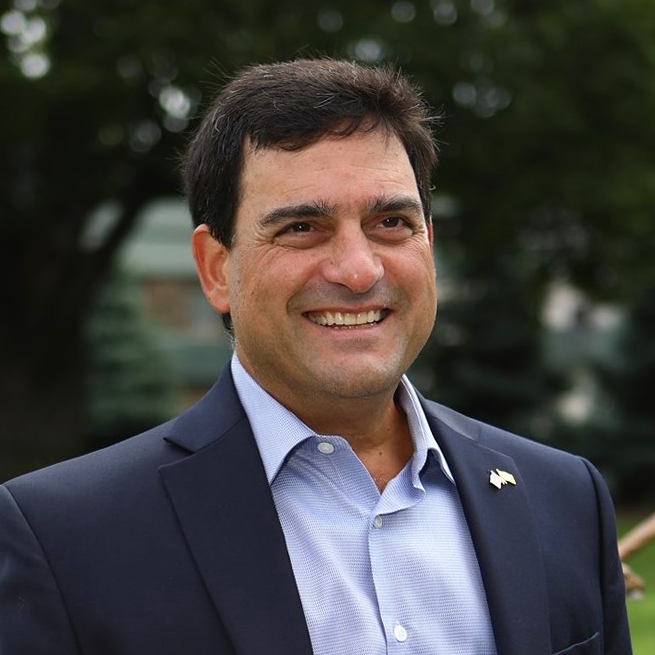PALLOTTA PROPOSES ACT TO CURB EPIDEMIC OF INSIDER TRADING IN CONGRESS

FRANK PALLOTTA PROPOSES ACT TO CURB EPIDEMIC OF INSIDER TRADING IN CONGRESST.R.U.S.T. ACT – Transparency and Restrictions on Undisclosed Securities and Transactionswill Restore Trust and Avoid Conflicts of Interest
RAMSEY, N.J. (FEBRUARY 22, 2022) – Congressional Candidate Frank Pallotta (N.J. – 05) today announced his plan to curb insider trading by Members of Congress, an issue that continues to erode trust in our government. “I fully support all measures that ban insider trading and related actions for members of Congress,” Mr. Pallotta said. “This should be the first step of many to help restore trust and confidence in our politicians and in the political process.”Insider trading rules have been in place for decades beginning with the Securities and Exchange Act of 1934 and have expanded over the years to include situations where even the slightest appearance of impropriety may arise. Mr. Pallotta said, “additional focus should also be placed on transactions and business dealings of politicians who sit on powerful committees, sub committees, and oversight panels.”
Mr. Pallotta’s proposal would subject a Representative and Senator’s family members to the same legal restrictions and limitations imposed, not only on individuals in the financial services industry, but on anyone attempting to benefit financially when in possession of “material non-public information.”
Elements of the T.R.U.S.T. Act would include that:
The financial holdings of all members of Congress be placed in a “blind trust.” The administrator of that trust will be chosen by the House or Senate member; however, the administrator cannot be a family member.
- An independent oversight panel comprised of professionals with relevant and related skillsets will oversee the Blind Trust administrators.
- Limitations and restrictions will be placed on holdings and certain sectors where committee and subcommittee conflicts exist.
- Immediate family members must request and receive written approval from the oversight panel before executing any transaction.
- Penalties for rule violation will be immediate and severe, including removal from committees, expungement of any profits, and possibly, removal from office.
Finally, incumbent Congressional leaders who sit on certain oversight committees, would be restricted on the amount of political donations they can receive from organizations directly connected to, or associated with that industry (Banking, Pharmaceutical, Technology, etc.). “It’s no secret, that Congressional leaders and their families for decades have accumulated wealth at a rate that exceeds all but hedge fund giants, Private Equity founders, and Silicon Valley pioneers,” said Mr. Pallotta. “My T.R.U.S.T. Act addresses the transparency and conflict issues that are of growing concern to many.”
Mr. Pallotta’s primary opponent, Nick De Gregorio, has proposed a “divestment pledge” that would “mandate” every sitting (and new) Member of Congress liquidate their entire stock portfolio and a lifetime of investment decisions. Requiring for example, someone, who has invested wisely and honestly over a 20-year period, to throw away a lifetime of work.
Mr. Pallotta dismissed this short-sighted solution that does not address the problem, stating “such a proposal would do one thing: ensure that Congress has even more career politicians and government bureaucrats in its halls who never worked in the private sector and have little conception of what it takes to retire when a government pension is not guaranteed.”
He added, “Nick’s ill thought out idea succeeds only in penalizing honest investors and would ultimately dissuade good people from seeking public office. His plan is more than just a sneak-peek into what real inexperience looks like. It is completely devoid of even the most basic elements economic and financial sense. His ‘mandate’ is not only unrealistic, unenforceable, and unconstitutional, but fails to address the actual problem.”
Mr. Pallotta concluded, “Nick’s idea indicates he does not understand that we have an insider trading problem, not an investment problem.”







